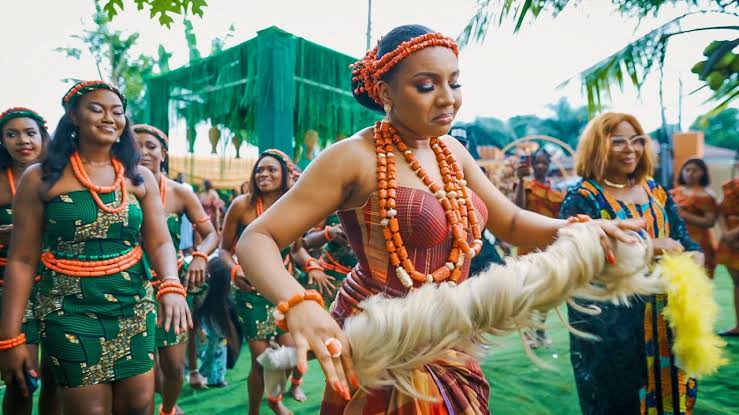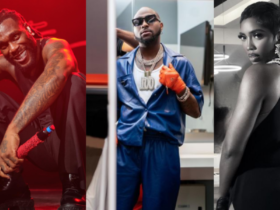The Igbo tribe is one of the dominant tribes in Nigeria, known for its rich cultural heritage and contributions to the country’s history.
With a population of over 40 million people, the Igbos have a distinct identity that sets them apart. Identifying an Igbo man or woman involves understanding various aspects of their culture, including language, dressing, food, and music.
In this article, we will explore these elements in detail to help you recognize an Igbo individual.
Language
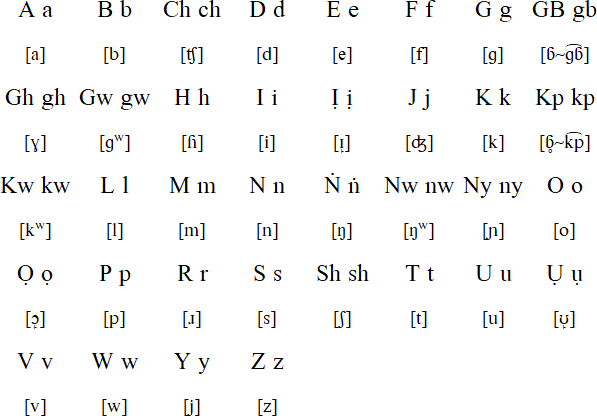
Language plays a significant role in identifying an Igbo man or woman.
The Igbo language, also known as “Asụsụ Igbo,” is a tonal language spoken by the Igbo people. It is a vibrant and expressive language with over twenty dialects, including the central Igbo, Enuani, Ngwa, and Owerri dialects. Igbo is one of the major Nigerian languages that people speak not only in Nigeria but also in Igbo communities in other parts of the world.
To identify an Igbo man or woman, listen for the distinct tonal patterns, intonations, and pronunciation that are unique to the Igbo language. Common Igbo greetings such as “Ndewo” (Hello) or “Kedu” (How are you?) are often used in conversation. Additionally, Igbo names typically have deep meanings and reflect the culture and traditions of the Igbo people.
Dressing
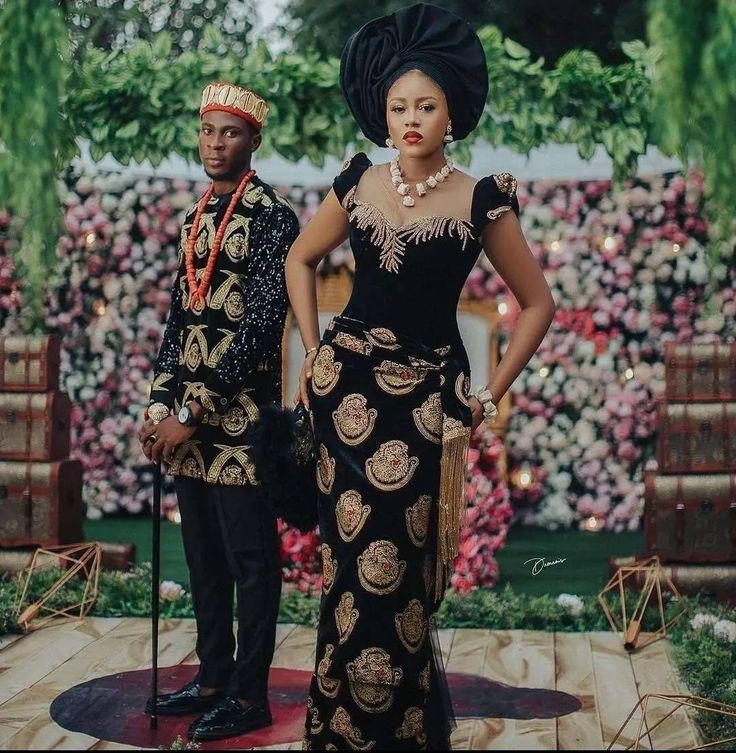
Traditional Igbo attire is another significant aspect when identifying an Igbo man or woman. Igbo clothing is known for its vibrant colors, intricate patterns, and attention to detail. The traditional male attire often includes the “Isiagu,” a pullover shirt adorned with lion-like motifs, or the “Nwodo,” a robe-like gown paired with the “Ichafu,” a traditional Igbo hat. Igbo women commonly wear the “George” wrapper, a colorful wrapper tied around the waist, combined with a blouse and a headgear known as “Ichafu” or “Okpu Agu.”
It’s worth noting that Igbo fashion has evolved over time, and many Igbo individuals also embrace modern Western-style clothing. However, even in contemporary attire, you can still find elements of Igbo culture, such as the use of vibrant colours or traditional patterns in fabrics.
Food
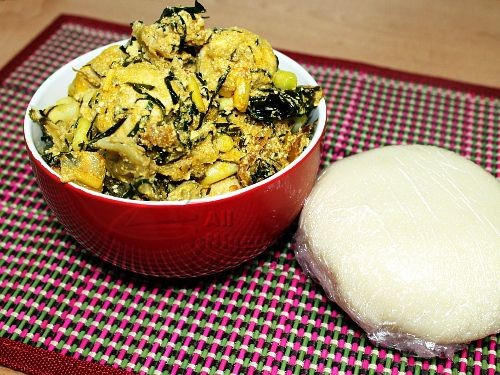
The cuisine of the Igbo people is a significant part of their cultural identity. People know traditional Igbo meals for their delicious flavors and unique ingredients. Staple foods include yam, cassava, plantains, and various types of vegetables. Igbo soups, such as Ofe Nsala (white soup), Ofe Oha (ora soup), and Ofe Onugbu (bitter leaf soup), are popular and reflect the diversity of Igbo culinary traditions.
To identify an Igbo man or woman through food, look for dishes that incorporate traditional Igbo ingredients and cooking methods. The use of palm oil, crayfish, stockfish, and other local spices is common in Igbo cuisine. Igbo people also enjoy delicacies like Abacha (African salad) and Nkwobi (spicy cow foot).
Music
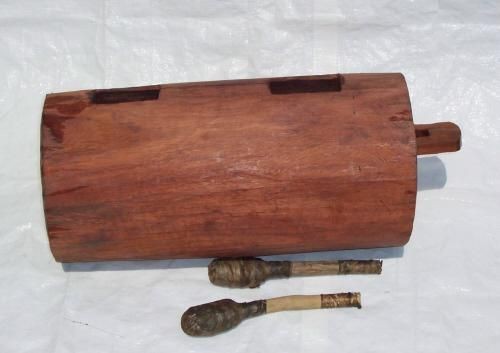
Music is an integral part of Igbo culture and can help identify an Igbo man or woman. People know traditional Igbo music for its rhythmic beats, lively melodies, and intricate use of instruments such as the ogene (metal gong), udu (clay pot drum), and ekwe (wooden slit drum). Igbo music is often accompanied by traditional dances, such as the Ikpirikpi-ogu and the Agbacha-ekuru-ugwu.
Contemporary Igbo music has also gained popularity, with notable Igbo musicians contributing to the Nigerian music industry. Artists like Flavour, Phyno, and P-Square have incorporated Igbo elements into their music, creating a fusion of traditional and modern sounds.
Conclusion
Recognizing an Igbo man or woman involves understanding their language, traditional dressing, food, and music. The Igbo people reflect their unique cultural identity in their language, vibrant attire, delicious cuisine, and rhythmic music. By familiarizing yourself with these aspects, you can develop a better understanding of the Igbo people and appreciate the beauty of their traditions.
Also Read: 5 Things You Probably Didn’t Know About Ancient Igbo





